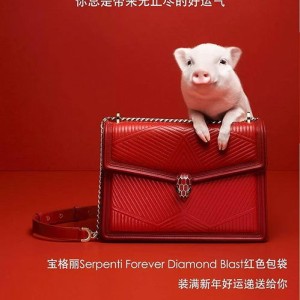奢侈品英文介绍
- 百科
- 2024-05-11
- 412
Conclusion
Significance of Luxury Goods
For many consumers, luxury goods hold a significant social and psychological value. They are often associated with success, sophistication, and discerning taste. Owning luxury items can be a symbol of one's achievements and can also serve as a form of selfexpression and individuality.
It's important to note that while luxury goods offer a sense of opulence and exclusivity, they are not necessarily indicative of true happiness or fulfillment. Consumers should make mindful purchasing decisions based on their personal values and financial means.
Luxury goods refer to products or services that are not considered essential and are associated with high levels of quality, craftsmanship, exclusivity, and high price tags. These items are often a status symbol and are coveted for their superior design, materials, and brand prestige. In this introduction, we will explore the concept of luxury goods, their significance, and the factors that contribute to their appeal.
Luxury goods encompass a wide range of items including fashion, accessories, jewelry, watches, automobiles, fine dining, travel experiences, and more. These products are typically characterized by their exquisite design, superior quality, and the heritage of the brands producing them.
Defining Luxury Goods
Factors Contributing to the Appeal of Luxury Goods

Several factors contribute to the appeal of luxury goods:
Overall, luxury goods play a significant role in the global economy and consumer culture. Whether it's the allure of a prestigious brand, the superior craftsmanship, or the exclusivity of a limited edition item, luxury goods continue to captivate consumers around the world.

